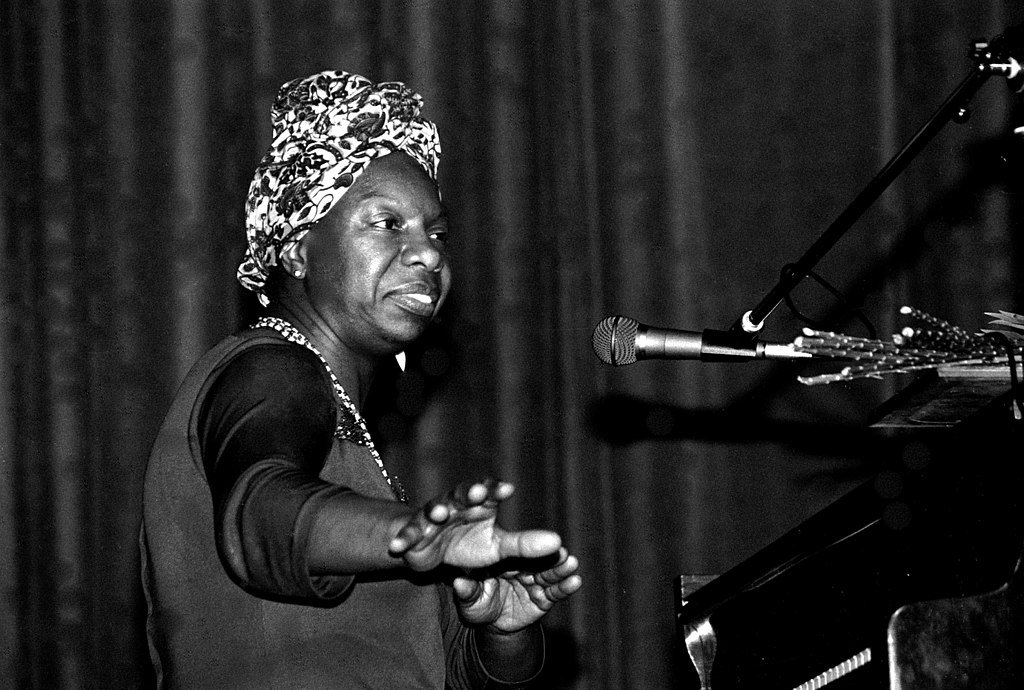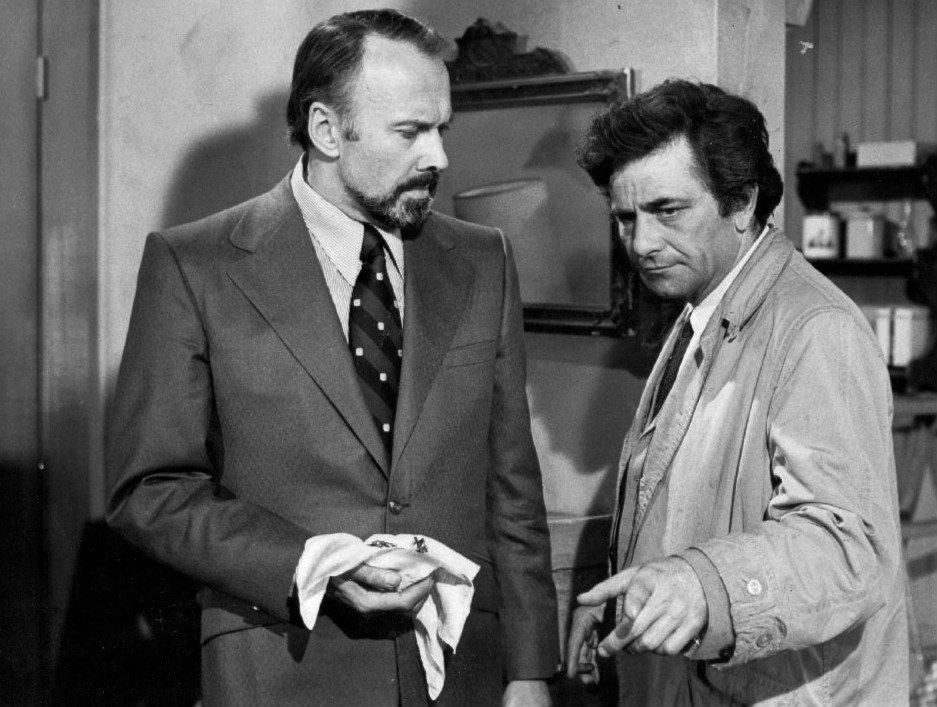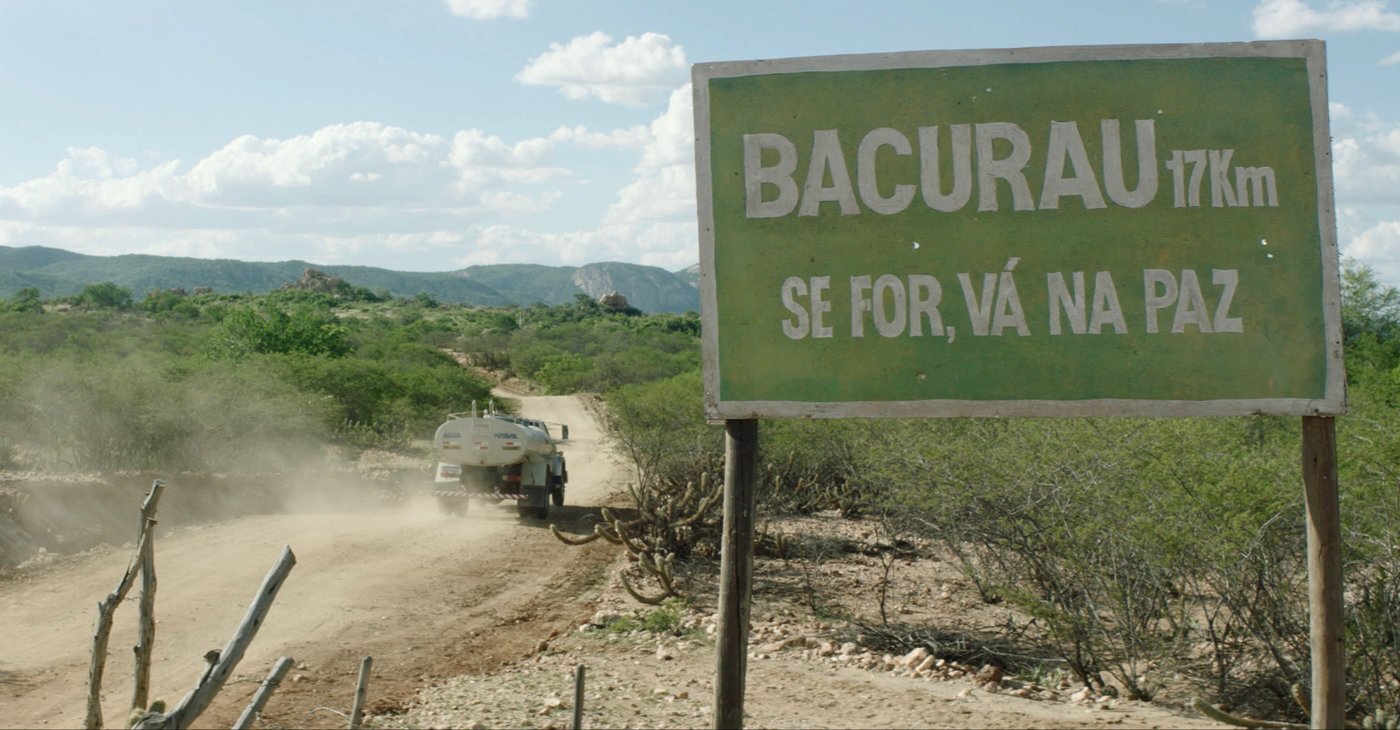

Jesus’ Blood Never Failed Me Yet: A Study in Music and Emotion
I don’t know about you, but music has always played a large part in my life. And I have a vivid memory of walking into town with my Mum when I was a young lad to buy a copy of The Beatles’ single Yellow Submarine. Happy days…

Nina Simone: How The High Priestess of Soul Defined Her Times
Nina Simone was a rare spirit. One of the most distinctive musicians of her generation, she brought astonishing emotional intensity as well as technical skill to her recordings and performances.

It's Christmas Time, It's Christmas Time…
As Christmas fast approaches, some of us may already be wearying of the relentless stream of Yuletide tunes that dominate the airwaves (and ambush us in supermarkets). Some are truly great. They capture the magic of the festive season — the nostalgia, the traditions, the jolliness — and help set the mood. Others are so bad — mawkish, irritating or just plain bizarre — that you NEVER EVER want to hear them again.

Cypriot Wine: History in a Bottle
‘Wine,’ observed Scottish novelist Robert Louis Stevenson, ‘is bottled poetry.’ I think Robert was onto something there! Drinking good wine is one of life’s great pleasures. Especially if accompanied by good food and good company.

Why Pubs Matter
The notion that ale and beer are honest, nourishing drinks which add immeasurably to our enjoyment of life has been ingrained in English culture for 2,000 years. Ale was long a native British drink, but it was the arrival of the Roman Empire in the 1st century that saw the emergence of the first pubs.

Eric Ambler: Charting a World in Decay
Eric Ambler is often considered the godfather of the modern thriller. Publishing his first novel in 1936, and writing in a time of tremendous political ferment, he challenged the polite conventions of English detective fiction and the public school derring-do of contemporary spy novels.

Jorge Luis Borges: The Necessity and Paradox of Memory
Once you’ve read a short story by Argentinian writer Jorge Luis Borges your world will never be the same again. Borges is a key figure in modern literature. And his enigmatic stories are perfect miniatures, which usher you into a parallel universe of labyrinths, paradox and mystery.

John Clare: A Poet With Rough Hands
Growing awareness of the climate and ecological crises faced by humanity sometimes allows us to look at writers from a previous age with fresh eyes. One such writer is the 19th-century poet John Clare.

Vincent van Gogh: On Shoes, Ordinary Lives and Pilgrimage
In the space of a few years, from 1886 to 1888, Vincent van Gogh painted half a dozen pictures of shoes. Not just any shoes. But old shoes. Worn shoes. Peasant’s shoes. I think it’s reasonable to ask what motivated him to do this. What was it about shoes that sparked his curiosity? The answer may lie in his abiding interest in depicting the lives of ordinary people and recognising the meaning that resides in everyday objects and scenes.

Charles Mingus’ Epitaph: A Unique Musical Vision
I had the pleasure recently of experiencing a truly remarkable performance of one of Charles Mingus’ greatest jazz works, Epitaph. Part of the Guildhall Jazz Festival 2022, this stunning set lasted over two hours…

Just One More Thing: The Power of The Postscript
The Oxford English Dictionary defines a postscript as: ‘A paragraph written at the end of a letter, after the signature, containing an afterthought or additional matter.’ The first recorded usage was in 1523 when Cardinal Thomas Wolsey, advisor to King Henry VIII, announced that ‘the Kinges Grace and his Counsail’ considered their usage ‘right expedient’.

Some Reflections on Fish, Hospitality and Proverbs
Searching for another excuse to procrastinate recently (the old ones were looking a bit jaded) I decided to look up the origins of a Danish proverb my mother’s fond of quoting: ‘Fish and guests stink after three days.’ Its pithy wisdom has always intrigued me, and I wondered where the maxim came from.

Shoot the Piano Player: How the Past Beats Inside Us All
Fancy trying a bit of film noir mediated through the distinctive lens of the French New Wave? Then look no further. François Truffaut’s Shoot the Pianist (Tirez sur le pianist) is an excellent place to start.

Sven Klang’s Quintet: A Little Gem
Everywhere you turn these days there are lists. 100 Books to Read Before You Die. The 500 Greatest Albums of All Time. The 50 Best Travel Destinations. You get the idea. Hidden away amongst these lists you might find the 10 or 25 Best Jazz Films…

On the Necessity of Books
Do you regard yourself as a bibliophile? Have you ever been accused of bibliomania? (I sincerely hope not!) The thing is some of us simply love books. We love them because of their power to transport us to new worlds, faraway places and different times.

The Road is Made by Walking
Antonio Machado was one of the most profound poets writing in the Spanish language. A member of the Spanish literary movement known as the Generation of '98, his work evolved from an early modernism to a very personal form of symbolism. Tinged with melancholy and pessimism, his writing considered the destiny of man, the history of Spain and the contradictions between our illusions and reality.

A Short Digression on Long Sentences
We’re often enjoined to cut the fluff out of our writing. To use plain, simple language. To write short sentences. To worship the great god Brevity.

Narrative Beginnings and Endings: The Untidiness of Being Human
“The White Rabbit put on his spectacles. ‘Where shall I begin, please your Majesty?’ he asked. ‘Begin at the beginning,’ the King said gravely, ‘and go on till you come to the end: then stop.'”
Lewis Carroll’s much-loved children’s novel ‘Alice's Adventures in Wonderland’ has been entertaining, intriguing and enthralling people since its publication in 1865.

Are We Killing Time or Is Time Killing Us?
I still remember my astonishment at stumbling across the Stedelijk Museum in Amsterdam many years ago and encountering The Beanery by Edward Kienholz. A three-dimensional walk-in installation, I think it’s one of the most singular artworks of the late 20th-century.

Bacurau: A Community Fights Back
Brazilian film Bacurau is a hallucinatory revenge drama that successfully marries Hollywood thriller, western and horror conventions to deliver a story about a town besieged by a group of foreign killers.
